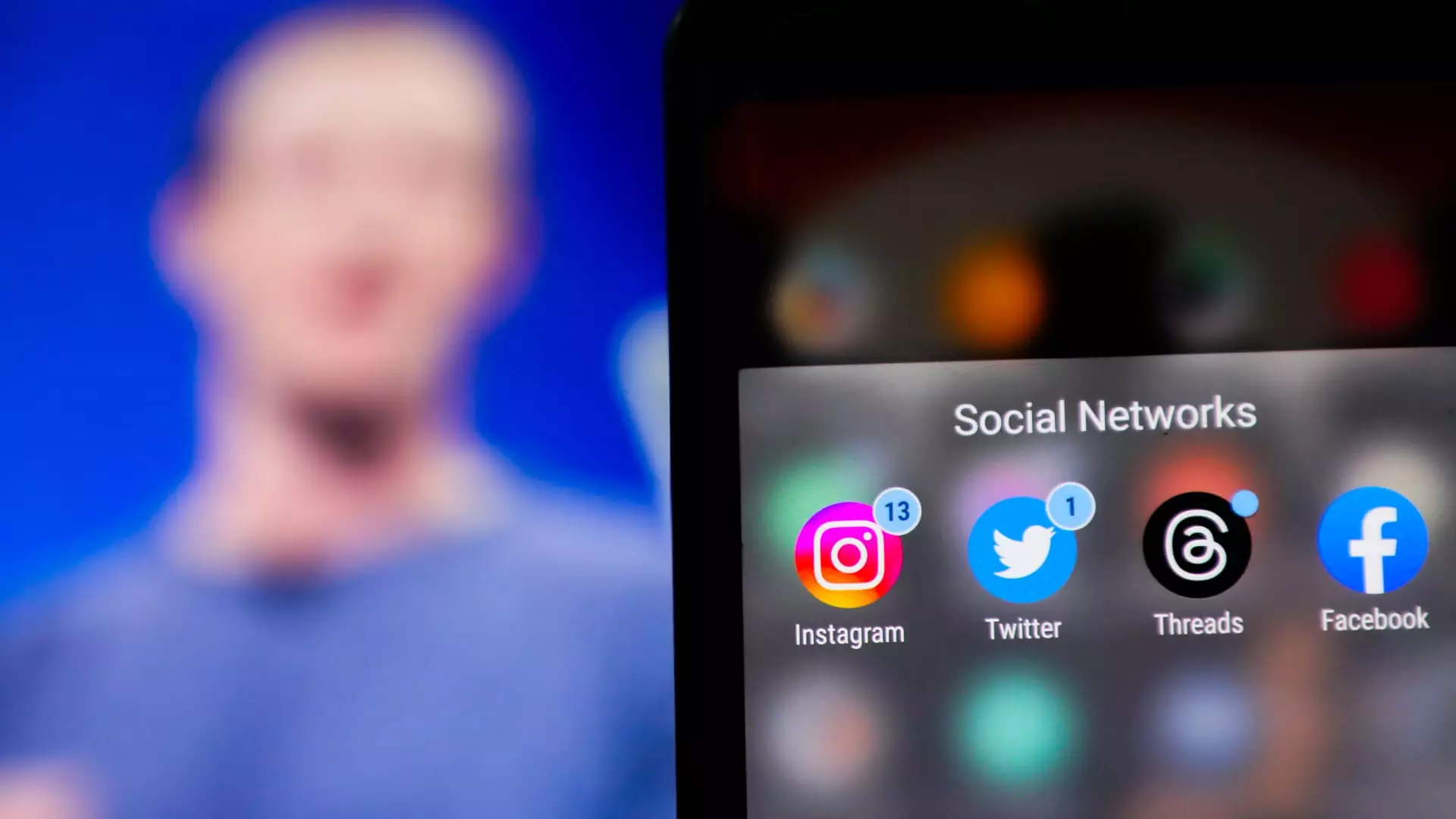The ongoing antitrust proceedings against Meta have unwrapped a multitude of unsettling truths about how tech giants, specifically Mark Zuckerberg’s Facebook, maneuver through the gray areas of legality. It’s hard not to feel disillusioned by the fact that rather than innovating for the sake of enhancing user experience, the corporate machine appears to prioritize the preservation of power. The revelation that Zuckerberg considered the possibility of spinning out Instagram due to antitrust concerns reveals a chilling reality: that even the creators of such influential platforms are ultimately prisoners of their own corporate ambitions. Concerns about being forced to divest from Instagram or WhatsApp depict a future fraught with self-imposed limitations, driven by the insatiable appetite to maintain market dominance.
The Nature of Acquisitions: Growth or Monopolistic Tendencies?
When Facebook acquired Instagram for a meager $1 billion in 2012, it was lauded as a genius move. But as new evidence suggests, this wasn’t just a business decision; it was an imperative to shield their growing empire from future threats. Zuckerberg’s own admission that Instagram would have been around the size of Twitter or Snapchat had it remained independent invokes a haunting question—what have we sacrificed to bolster a monopolistic dynasty? Rather than letting competition thrive, Facebook’s actions speak volumes about its desire to create an environment where alternatives are systematically stifled.
The FTC’s Stand: A Necessary Pushback
The Federal Trade Commission (FTC) reveals a willingness to challenge corporate hegemony by scrutinizing Facebook’s acquisitions, showcasing the agency’s role as a reluctant David against the Goliath of tech consolidation. Their stance that these acquisitions were monopolistic isn’t simply reactionary; it’s a desperate attempt to correct the course of an industry that has strayed too far from its innovative roots. We find ourselves in a precarious situation where companies like Meta must reckon not only with legal machinations but also with their ethical responsibilities.
The Competitive Landscape: An Overlooked Argument
It’s intriguing to note that Meta disputes the FTC’s characterizations by pointing to competitors like TikTok and iMessage. Yet, this argument falls flat under scrutiny. Citing competing entities as evidence of a healthy market only reinforces the paradoxical condition we find ourselves in—a state of affairs where former smaller companies are stifled before they can even breach the realms of competition. Zuckerberg’s musings on the trajectory of Instagram seem almost like a confession: he acknowledges the fragility of market dynamics while conveniently sidestepping the impact of his own organization’s strategies.
A Culture of Fear
What does this all mean for the future of technology and social media? Zuckerberg’s fear of antitrust legislation indicates not just apprehension but a profound recognition of the unsustainable nature of tightly controlled monopolies. As we watch the unfolding legal battles, it becomes increasingly evident that the conglomeration of power can lead to complacency in innovation and a culture of fear among users and employees alike. By placing profit before ethical responsibility, the tech community risks a regression into mediocrity—a dystopian vision of a future where user choice is nothing more than an illusion.


Leave a Reply